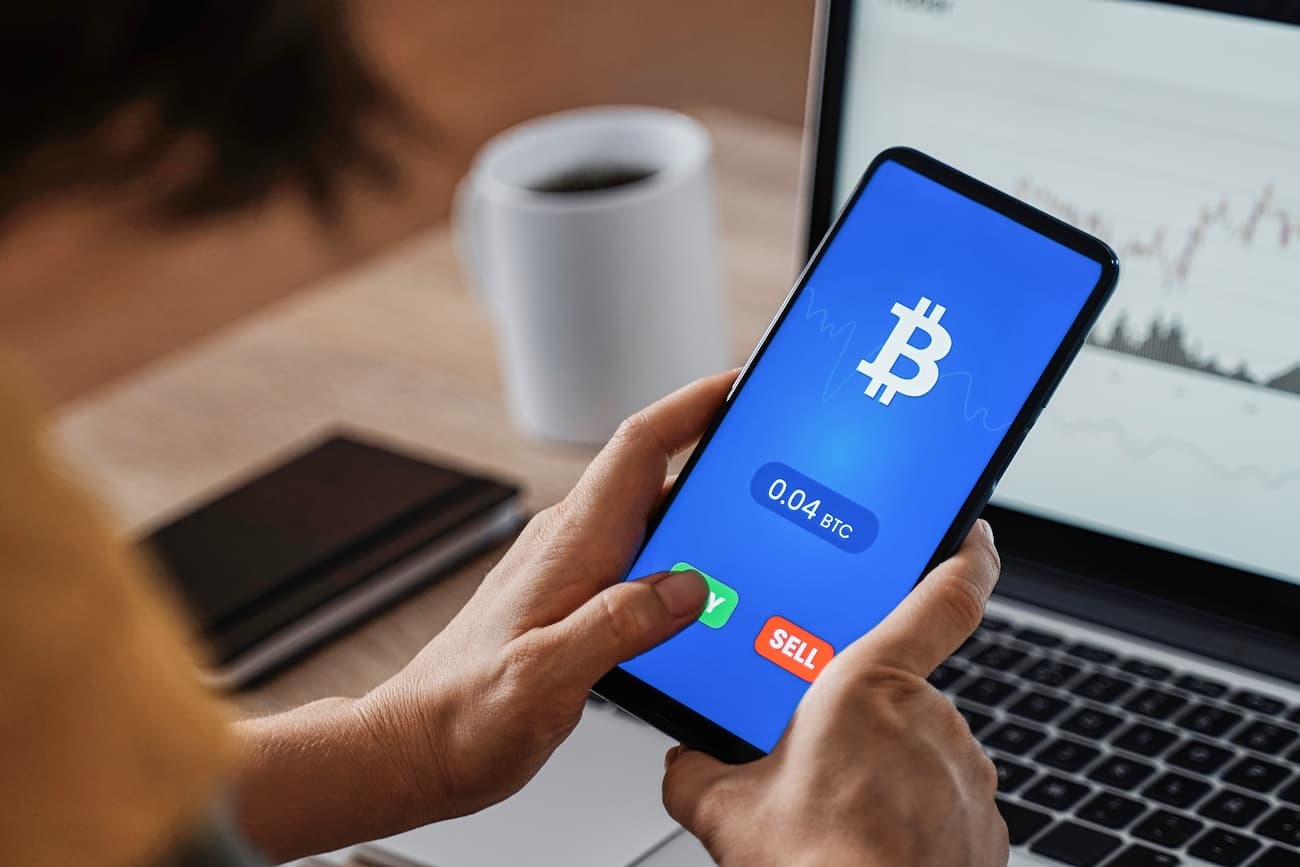How DeFi debit cards are democratizing digital payments for the masses?
When transacting, designated digital assets automatically liquidate into fiat at real-time rates, which then get settled to the merchant via traditional debit/credit card payment rails. Behind the scenes, smart contracts facilitate systematic exchange between crypto collateral and fiat cash reserves held by issuing companies like Coinbase. This infrastructure unlocks global spending capacity for crypto holders minus volatility risks during payments.
For consumers, the experience just amounts to managing personal crypto balance sheets through familiar debit card mechanisms to unlock spending power, travel perks, insurance, investment returns from linked DeFi apps, etc. Rewards often exceed conventional card schemes to promote engagement. Partnerships between crypto wallet providers and payment giants like Visa expand utility for users when transacting through supported merchant terminals across online and brick-and-mortar storefronts globally. These bridges the familiarity of legacy payment rails with programmatic decentralization.
how do token presales work? Gaining access to popular crypto debit cards often requires participating in native token presales of associated platforms before waitlists open up. These presale events allow users to fund ecosystem growth with capital in return for the allocation of tokens at discounted rates compared to wider public listings.
Accessibility for the underbanked
Consumers struggling with insufficient credit histories or past defaults often face denial from traditional banks. DeFi debit cards require no credit checks for eligibility, only sufficient crypto asset holdings. This saves unbanked users’ overseas transaction fees of up to 10% associated with informal money transfer agents. Additionally, decentralized blockchain protocols allow self-custody of assets without paperwork or minimum balance requirements – overcoming access barriers in traditional banking. Debit card rewards promote participation among communities unfamiliar with digital finance. For example, such experiential incentives provide an easy entry point for the next billion users to embrace Web 3.0 innovations as part of daily transactions.
Reshaping global commerce
In addition to 5% global personal consumption expenditure growth each year, cross-border payments are projected to reach $250 trillion in annual transaction value by 2027 as international trade expands. However, limitations around correspondent banking relationships and legacy payment systems hamper transparency, speed, and access for users globally. DeFi debit cards overcome jurisdictional frictions by allowing instant conversions from crypto to fiat reserves usable seamlessly across borders by tapping decentralized Ethereum, Algorand, or Solana blockchain on the back end. This bridges access gaps for sending or receiving payments worldwide.
Additionally, the immutability of transactions across public blockchain networks improves security and accountability. Settlement finality coded programmatically into protocol rules engines removes risks associated with single points of failure. Open orchestration also promotes accessibility minus gatekeepers. Mainstream brands now conduct annual shareholder meetings in metaverse environments like Decentraland, while Pfizer and Microsoft expense business needs in cryptocurrency are indicative of growing acceptance. Debit cards crucially link such digital and real economies. DeFi debit cards elegantly link the burgeoning world of blockchain-based digital assets and decentralized finance apps with the trillion-dollar legacy card payments industry. Offering faster processing, global reach across borders, robust encryption, and accessibility without paperwork – the solutions make a compelling case for mainstream adoption despite present learning curves.





